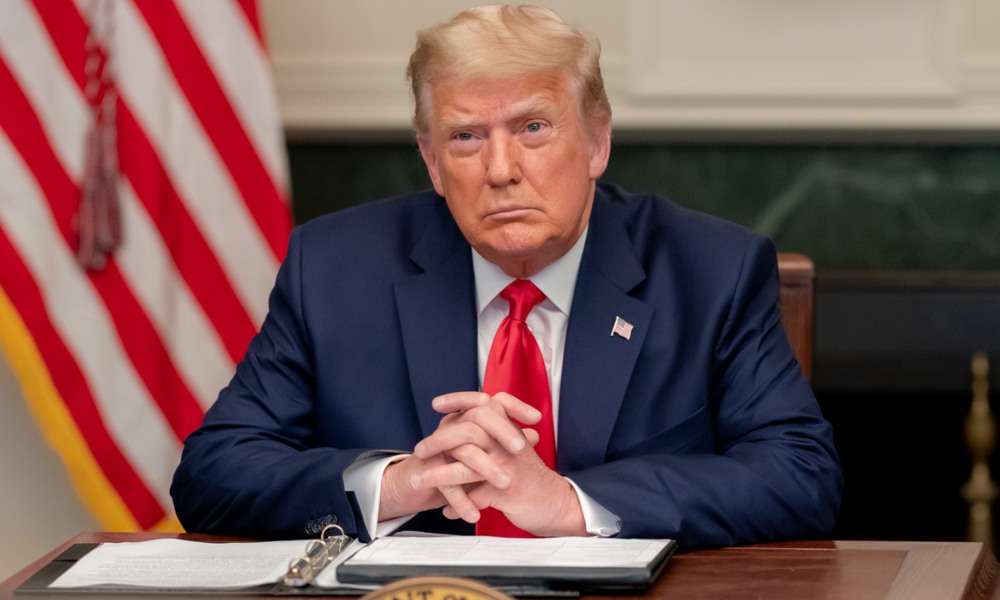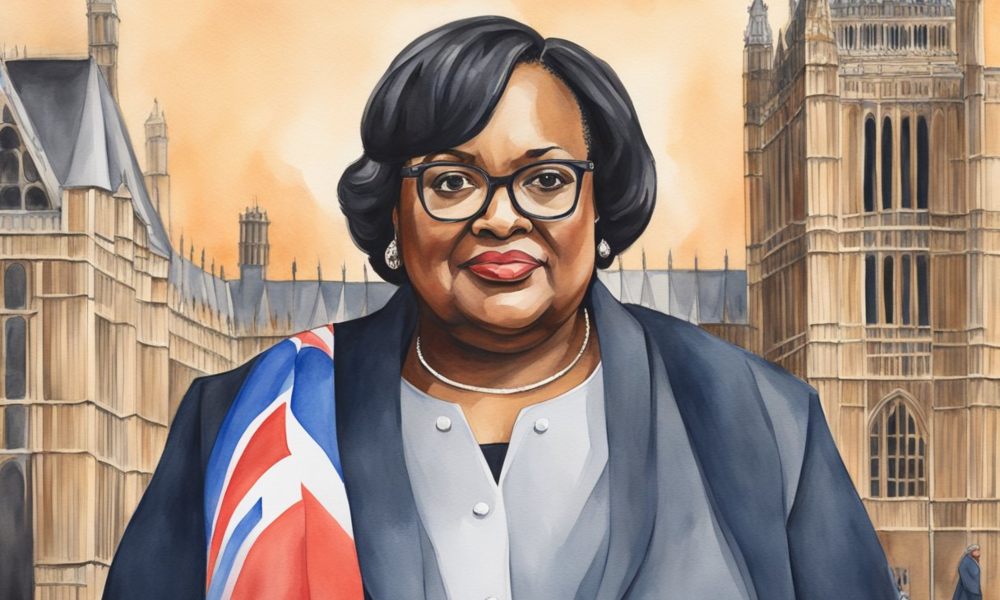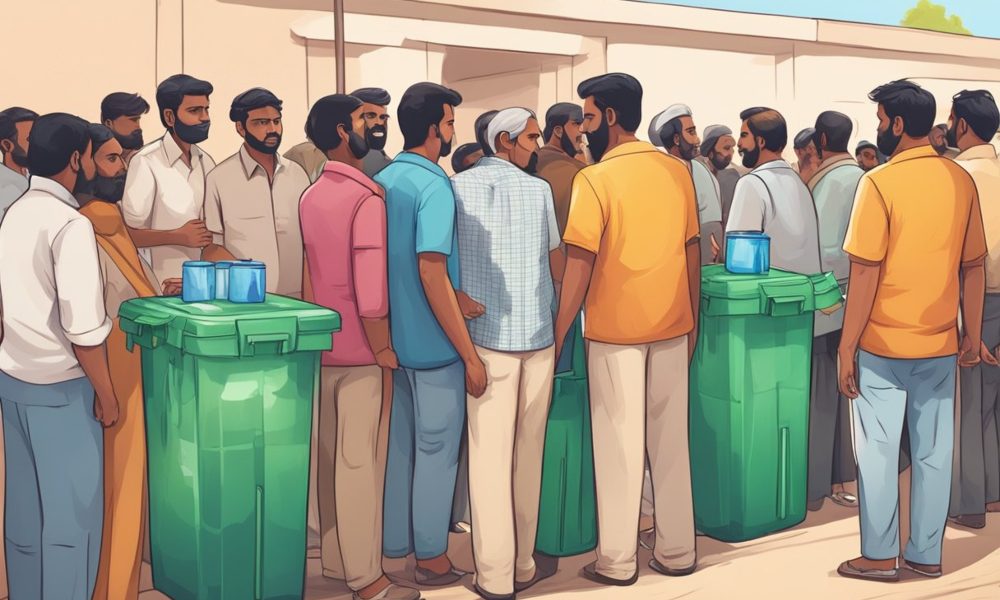A big story is unfolding around Diane Abbott, a long-serving Member of Parliament for the Labour Party. Here are the key points:
- Diane Abbott has been told she cannot run as a Labour candidate in the next general election
- This decision has upset many Labour supporters, especially those from minority backgrounds
- The Labour leader, Keir Starmer, wants to show his party has changed from the Jeremy Corbyn era
So why is this happening to Diane Abbott, and what does it mean for Labour’s election campaign? Let’s take a closer look.
Diane Abbott’s Situation Explained
Diane Abbott is a pioneering black politician who has served in Parliament for over 35 years. She was the first black woman elected to the House of Commons.
However, Abbott has ties to the left-wing faction within Labour formerly led by Jeremy Corbyn. Starmer, the current leader, wants to show his party has moved away from Corbyn’s influence.
Reports emerged that Labour had decided months ago to prevent Abbott from running again as a candidate. This news leaked out just before the election campaign began.
The decision surprised many, including senior Labour figures like Wes Streeting. He said he was “not particularly comfortable with barring Abbott as a candidate.”
Backlash From Labour Supporters
The treatment of Diane Abbott has angered many grassroots Labour members and supporters. Hilary Schan, formerly of the Corbyn-supporting group Momentum, accused Starmer of factional game-playing.
Martin Forde, who investigated racism in Labour, called the situation shambolic and lacking transparency. He said professional black and Asian women have expressed dismay over how Abbott is being treated.
Abbott herself tweeted that she is dismayed at reports that she cannot stand as a Labour candidate despite having the party whip restored.
Impact on Labour’s Election Campaign
This controversy has overshadowed Labour’s focus on reducing NHS waiting lists. It reinforces perceptions Starmer wants to distance himself from Labour’s left-wing Corbyn era.
Some see it as useful for Starmer to separate Labour from figures like Abbott and Corbyn. However, it also reminds voters of lingering internal divides.
Jeremy Corbyn plans to be an independent candidate against Labour in the next election. His allies aim to give Starmer a bloody nose over this.
While not expected to destabilize Labour’s large poll lead, the row over Diane Abbott highlights potential messaging challenges for Starmer’s team in this election campaign.
Unanswered Questions Remain
There are still some key unanswered questions about the decision on Diane Abbott’s candidacy:
- Why did it take so long to investigate and make this decision?
- Was due process and transparency really followed, as some claim was lacking?
- Could this alienate minority voters who admired Abbott as a pioneering black MP?
- Will the focus on internal Labour issues continue to distract from the party’s policy platform?
Only time will tell how this controversy impacts Labour’s poll numbers and perceived electability as the campaign progresses.
Conclusion
The situation with Diane Abbott not being allowed to run again has created a storm for the Labour Party. On one side, it shows leader Keir Starmer firmly breaking from Jeremy Corbyn’s left-wing past. On the other hand, it risks alienating loyal Labour supporters, especially among minority communities who celebrated Abbott’s groundbreaking role.
As the election progresses, will Labour be able to get back on message? Or will more internal rifts and controversies arise to undermine their united front? This question could decide whether they can turn strong poll numbers into electoral success.
















